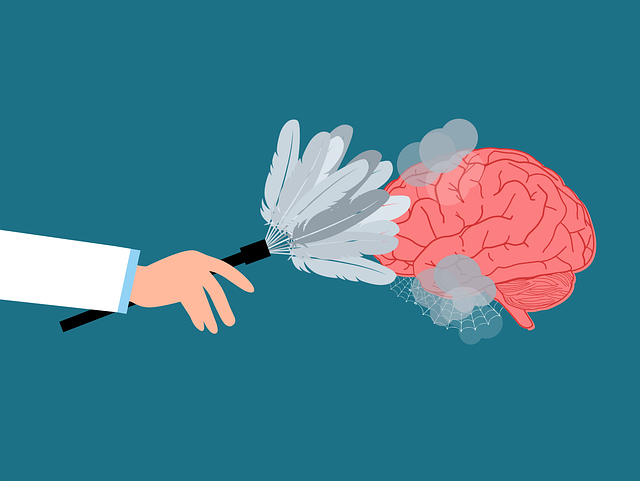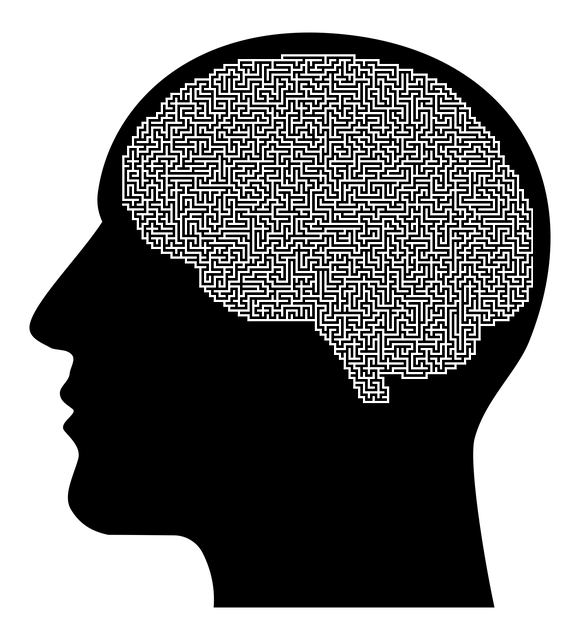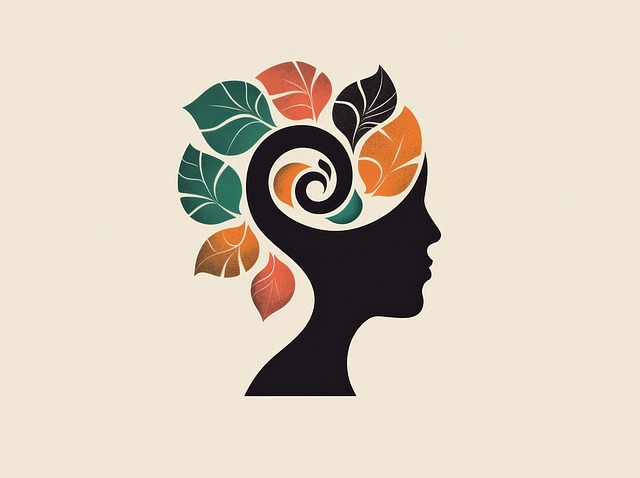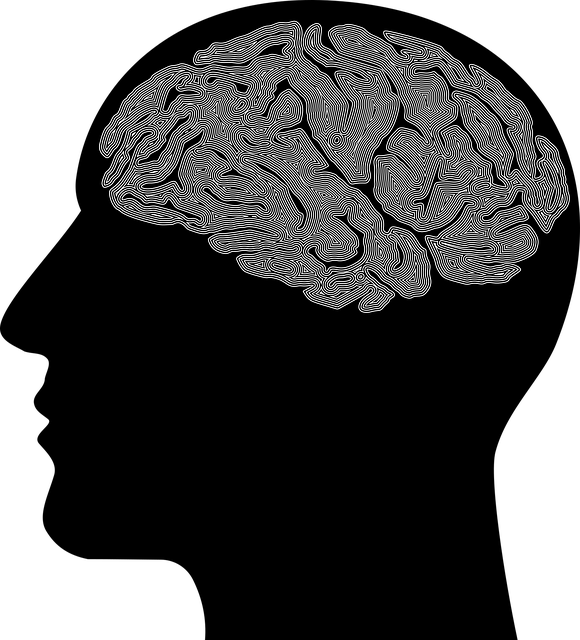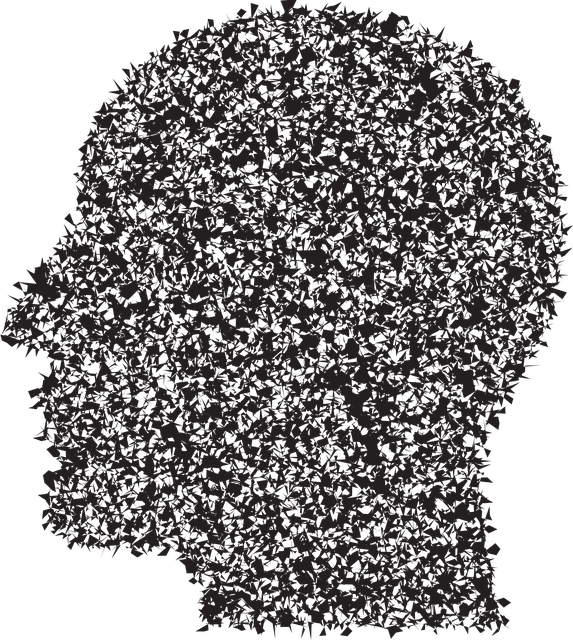Colorado Springs Geriatrics Therapy focuses on holistic mood regulation for seniors, combining evidence-based practices like CBT with community outreach and self-care techniques. Their approach integrates Inner Strength Development and refined communication strategies to enhance well-being, preventing burnout among caregivers and fostering stronger therapeutic bonds. By leveraging these integrative methods, Colorado Springs Geriatrics Therapy improves the quality of life for older adults, emphasizing tailored support and empathy in geriatric caregiving.
In the realm of geriatric care, understanding and regulating mood is crucial for maintaining emotional well-being. This article explores comprehensive strategies tailored for Colorado Springs’ geriatrics therapy settings. We delve into the complexities of mood regulation, offering evidence-based approaches that foster effective management. Additionally, we provide a guide for caregivers, equipping them with integrative techniques to enhance their loved ones’ mood stability. By navigating these strategies, individuals in Colorado Springs can improve overall emotional health and quality of life.
- Understanding Mood Regulation: Unraveling the Complexities of Emotional Well-being in Geriatrics
- Evidence-Based Strategies for Effective Mood Management in Colorado Springs Therapy Settings
- Integrative Approaches to Enhance Mood Regulation: A Comprehensive Guide for Geriatric Caregivers
Understanding Mood Regulation: Unraveling the Complexities of Emotional Well-being in Geriatrics

Understanding mood regulation is paramount in geriatrics, where emotional well-being can be a complex and intricate issue. The aging process often brings about changes in brain chemistry, cognitive abilities, and social dynamics, all of which contribute to mood fluctuations. In Colorado Springs Geriatrics Therapy, professionals recognize that addressing these complexities requires a multifaceted approach.
One key strategy involves the Community Outreach Program Implementation, designed to connect older adults with support networks and resources beyond clinical settings. Inner Strength Development is another crucial aspect, empowering individuals to tap into their resilience and cope with challenges. Additionally, Communication Strategies play a vital role in helping geriatric patients express their feelings effectively and build stronger relationships with caregivers and therapists.
Evidence-Based Strategies for Effective Mood Management in Colorado Springs Therapy Settings

In Colorado Springs geriatrics therapy settings, evidence-based strategies play a pivotal role in effective mood management. These approaches are designed to help individuals navigate and regulate their emotions, especially among the elderly population who may face unique challenges related to mental health. One such strategy is cognitive behavioral therapy (CBT), which has proven effective in treating various mood disorders by identifying and modifying negative thought patterns and behaviors. CBT encourages patients to challenge distorted thinking and adopt healthier coping mechanisms, thereby improving overall emotional well-being.
Additionally, integrating self-care routine development into treatment plans empowers individuals to take an active role in their mental health recovery. This involves teaching stress reduction methods such as mindfulness meditation, deep breathing exercises, and progressive muscle relaxation. These techniques not only enhance self-awareness but also serve as powerful tools for risk management planning among mental health professionals, ensuring they can support clients effectively while mitigating potential risks.
Integrative Approaches to Enhance Mood Regulation: A Comprehensive Guide for Geriatric Caregivers

In the realm of geriatric caregiving, effective mood regulation strategies are integral to enhancing the well-being and quality of life for older adults. Integrative approaches combine traditional therapeutic methods with complementary techniques, offering a comprehensive guide for caregivers in Colorado Springs Geriatrics Therapy. By implementing these strategies, caregivers can navigate the complexities of mood disorders and foster a supportive environment. One key aspect is burnout prevention, as caregivers themselves require mental health awareness and support to avoid emotional exhaustion.
Empathy building strategies play a pivotal role in this process. Caregivers should cultivate deep understanding and compassion, recognizing that each individual’s experience with mood regulation is unique. Through active listening and non-judgmental attitudes, they can create a safe space for older adults to express their feelings. This not only enhances communication but also strengthens the therapeutic bond, making it easier to implement tailored interventions. By combining these empathy-driven approaches with evidence-based practices, caregivers become powerful allies in the journey towards optimal mental health.
In conclusion, effective mood regulation is a cornerstone of emotional well-being in geriatrics. By understanding the complexities involved and leveraging evidence-based strategies, such as those practiced in Colorado Springs therapy settings, caregivers can significantly enhance the lives of elderly individuals. Integrative approaches, detailed in this guide, provide a comprehensive framework to navigate the challenges of mood management, ensuring a more balanced and fulfilling life for both patients and their families within the context of Colorado Springs geriatrics therapy.
